Although we often hear the word
platform
in business and daily life, many people may not know what it means. Also, some people may want to check whether their own perception of platforms is actually correct.
Therefore, in this article, we will provide an overview of the platform and explain the platform operators. We will also explain the differences between platforms and
SaaS
, so please use this as a reference.
What is a platform?
Have you ever heard Amazon, Rakuten, etc. referred to as “platforms”?
Although it may be difficult to understand if it is written horizontally, platform originally means “foundation” or “base environment.”
Just take the meaning as it is, and think of it as a “foundation” that moves or provides something.
For example, the online shops Amazon and Rakuten can be described as “places (foundations) for providing products,” so they are sometimes called “platforms.”
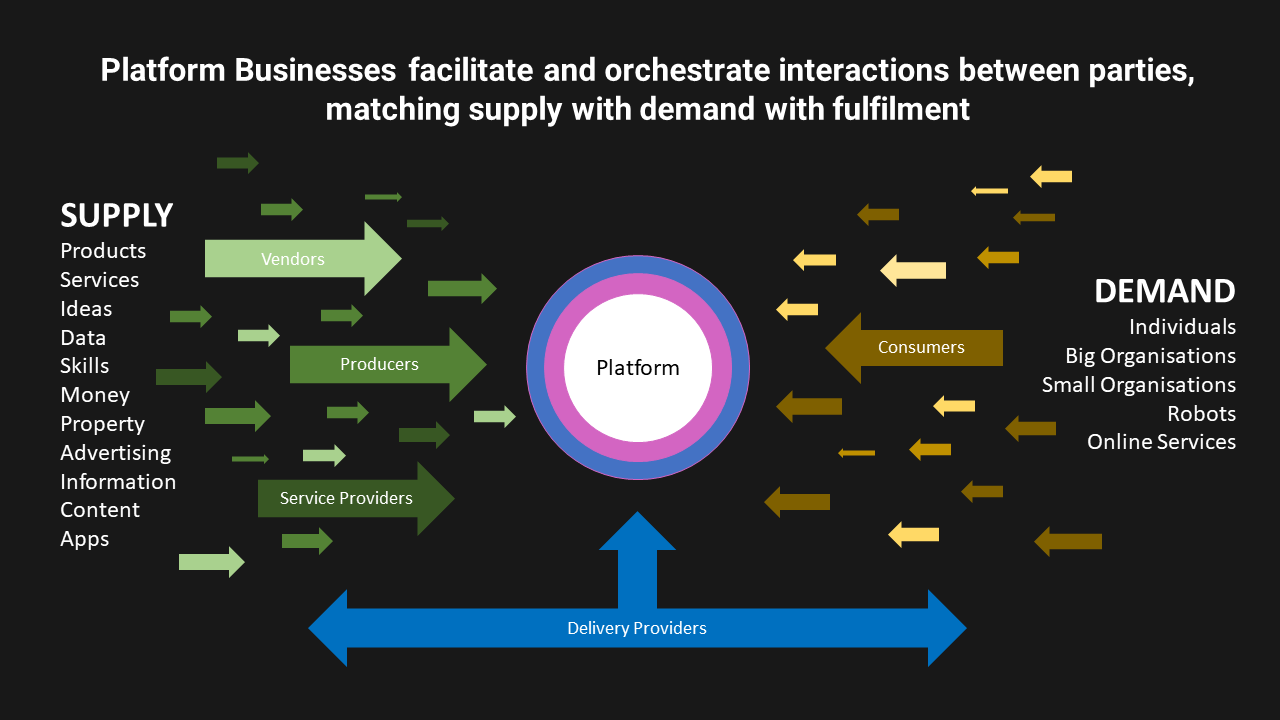
What is a platformer?
A platformer is a company that provides a platform.
Such companies exist in each industry, but in the IT industry, platformers refer to companies that provide large-scale services over the Internet.
A typical example is “GAFAM”.
GAFAM is a coined word made up of the initials of “Google,” “Apple,” “Facebook (currently META),” “Amazon,” and “Microsoft.”
These platforms provide convenient services for us users.

Types of platforms in the IT industry
Online shops are not the only potential platforms.
Platforms are simply the foundation for running something, so there are many different types.
The following are the main types of platforms that are currently well-known.
Let’s take a look at what each platform offers one by one.
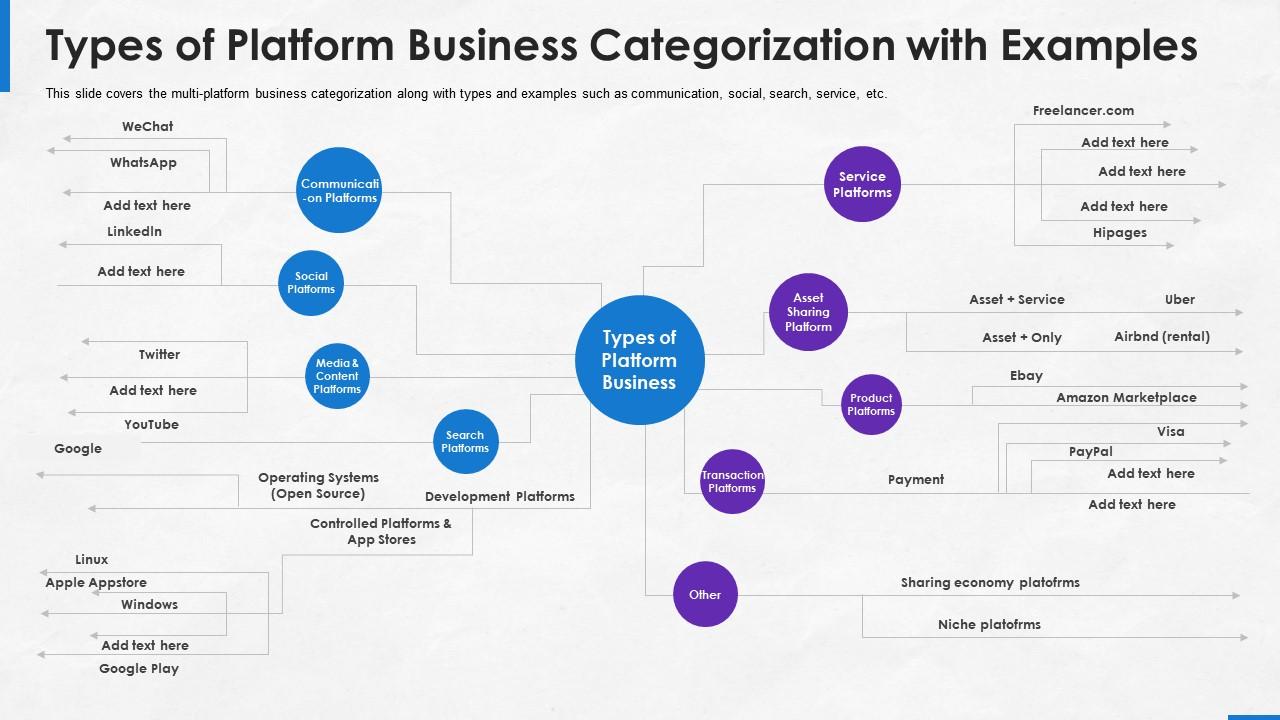
software platform
A software platform is a platform for running software.
Typical examples of software platforms are operating systems such as Windows and Mac.
In order to run software such as Word and Excel, an operating system is required.

online platform
An online platform is a platform where you create and use
an account
online.
For example, SNS such as Twitter, Instagram, and Facebook are typical examples of online platforms.
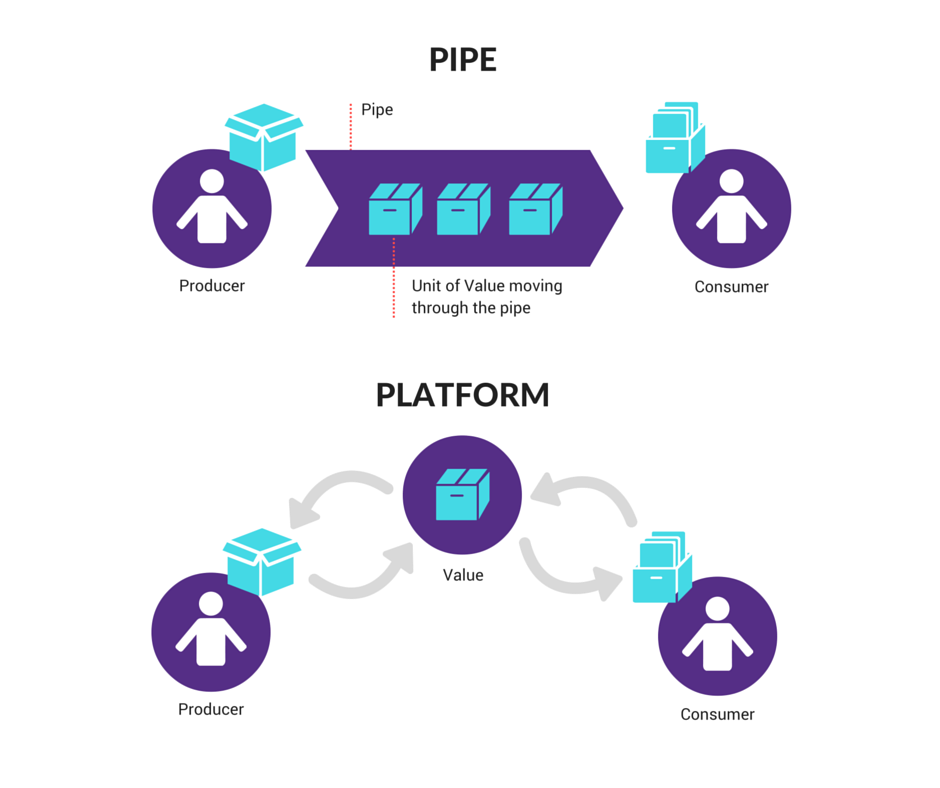
cross platform
Cross-platform refers to a software platform that can be used on multiple operating systems.
It refers to a program that can run applications with the same specifications on Windows, Mac, Android, and iOS, and a typical example is the Java Virtual Machine.
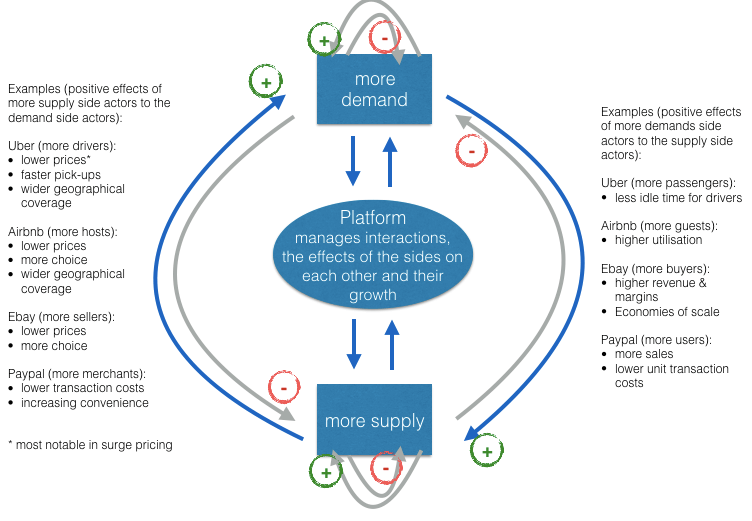
Content-based platform
A content-based platform is a platform for distributing content.
Using smartphones as an example, “Google Play” for Android and “App Store” for iPhone are content-based platforms.
Each of them distributes apps, and in order to install them on your smartphone, you will need to obtain them through those platforms.

What is the difference between platform and SaaS?
Have you heard the term SaaS (pronounced Saas, or Sars) a lot lately?
SaaS is an abbreviation for “Software as a Service,” which literally translates to “Software as a Service.”
I think it’s a little difficult to imagine what SaaS is from this explanation, so to summarize it in one word, it is “software that can be used on the cloud.”
A feature of the service is that you can use the service regardless of location or device (computer or smartphone) as long as you can connect to the Internet.
Typical examples include “Microsoft 365,” “Zoom,” and “Slack.”
Regarding the difference between a platform and SaaS, SaaS refers to something that provides specific services, as shown in the example above, and platform simply refers to the “foundation” that provides services.
In other words, SaaS can also be called a platform because it can be said to be the “foundation for providing services.”

Benefits of doing a platform business
Up to this point, we have been thinking about what a platform is, but I think everyone has used each of the platforms introduced as examples at least once.
Platform business is currently attracting attention and has become common knowledge in the business world.
Platform business provides a “platform” that is a place to provide products and services, and many players (product sellers) and users (purchasers) gather to create an economic zone. It is a business that is established by receiving usage fees.
A feature of the platform business is that once you create a platform, players and users will interact with it on their own, increasing sales.
There are many benefits to running a platform business, but if you carefully select them, you will find the following three.
Let’s think about what benefits each one will bring.
Continuous subscription charges
There are many examples of products and services that were originally sold on a one-off basis changing to subscription pricing, and the subscription model is spreading in every field.
Through “continuous billing,” service providers are expected to increase their revenue, and users can receive more services conveniently and at lower prices.
Platform businesses are highly compatible with this subscription model and can be expected to generate stable income.
There is a network effect
Network effect is a state in which the value of a product or service depends on the number of users.
The basis of the platform business is to “provide a place,” so depending on your idea, you can build a platform at a low cost and increase the number of users. There are left and right sides.
A feature of platform business is that if someone uses it and gets a good reputation, it will spread through word of mouth, and you can enjoy the “network effect” in which profits increase as the number of users increases.
Easy customer analysis
Another benefit is that you can easily analyze your customers using the information collected during account registration.
Customer analysis allows us to identify needs and provide services that match customer attributes, which in turn allows us to further expand our user base.
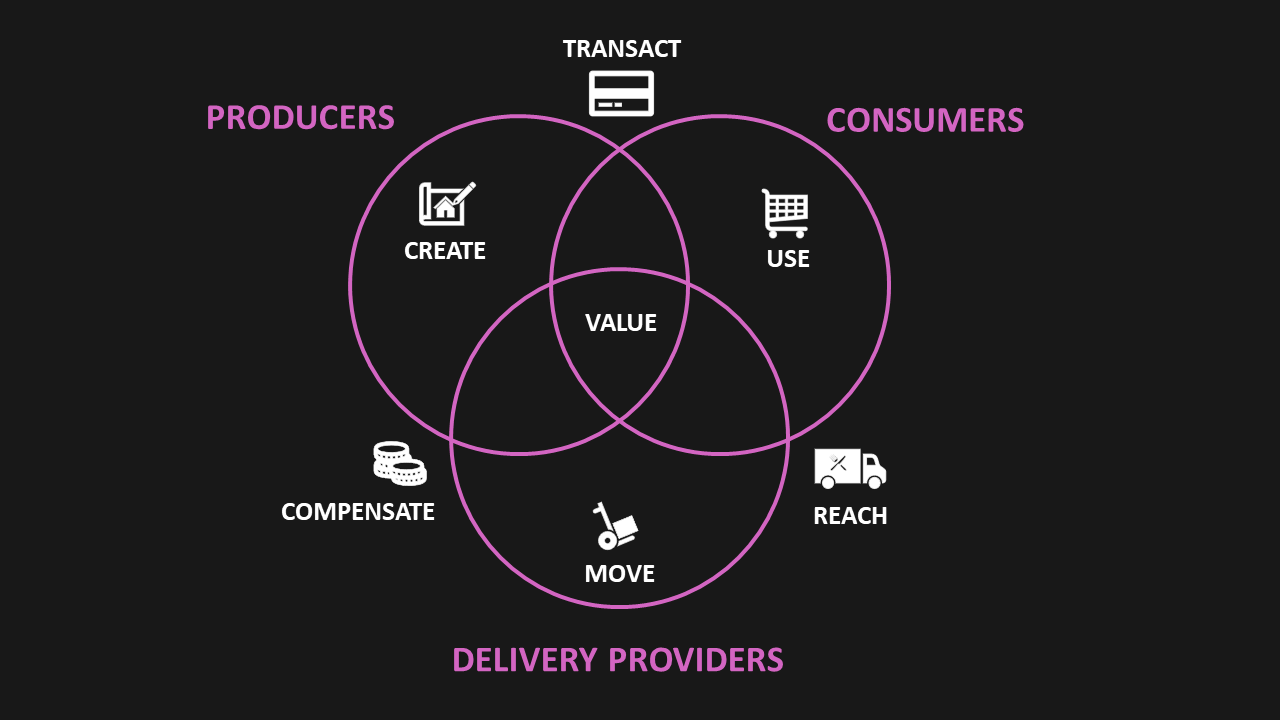
Typical example of platform business
Platform businesses are expanding in various fields.
Next, let’s look at examples of successful platform businesses in typical fields.
Amazon
As you know, Amazon has become unrivaled as a retail platform.
Besides that, Amazon also has a mall-style marketplace.
It is possible for individuals to list items they no longer need on Amazon and have someone else purchase them, and this is also creating a large market as a platform.
We have also been successful in platform businesses such as video distribution and music distribution.
Twitter
Twitter can be said to be the representative SNS.
Everyone can easily tweet what’s on their minds, and can interact with those around them by empathizing with them.
This is also a typical example of a platform business that provides a “place for tweeting” and can be considered a successful example.
lancers
Supported by the recent boom in side jobs, the number of users of crowdsourcing, which acts as an intermediary between those who request work and those who receive it, is rapidly increasing, and this is another example of a successful platform business.
Lancers is the largest crowdsourcing site, and many jobs are requested and ordered every day, including app/web development, design, writing, video editing, etc.
Key points when doing platform business
Anyone can enter the platform business.
Depending on your idea, it is possible to build a huge platform business even without financial strength.
The most important point when running such a platform business is how to create a system that allows the number of users to increase naturally.
As mentioned above, the number of users is the biggest weapon in the platform business.
Due to network effects, users will attract more users and profits will increase.
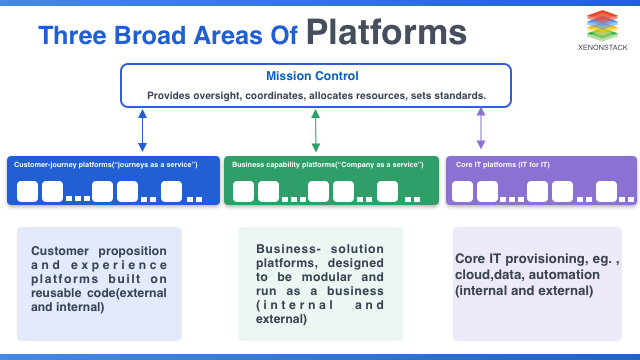
summary
A platform is “a place or foundation for providing something,” and platform business is about finding that “something” and turning it into a business.
Currently, platforms that allow people to connect their skills and special talents to work are particularly popular now that the ban on side jobs has been widely lifted, and this is expected to continue to grow.
In addition, these changes in trends will create new demands, increase the need for new platforms, and present business opportunities.
It’s interesting to keep your ears open for such things, so why not use this article as an opportunity to deepen your knowledge about platform business?

